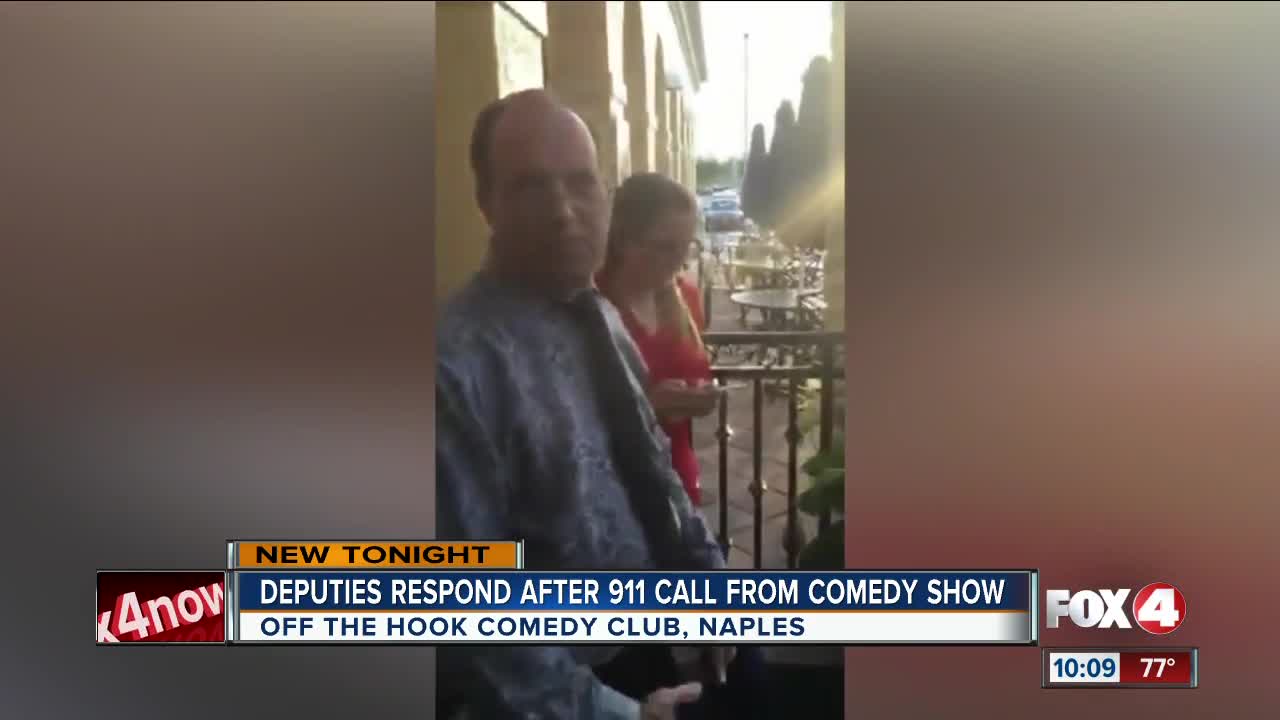Humor has always served as a coping mechanism for humanity, especially in the face of adversity. 911 jokes, often deemed controversial, delve into the depths of tragedy and misfortune, offering a lighthearted perspective on events that are otherwise too heavy to bear. While these jokes can provoke mixed emotions and raise eyebrows, they also highlight the resilience of the human spirit and our innate desire to find laughter even in dire circumstances.
As we explore the world of 911 jokes, it is essential to understand the delicate balance between humor and sensitivity. People often grapple with what is considered acceptable when it comes to joking about serious matters, particularly those that have impacted countless lives. However, humor can bridge the gap between pain and healing, allowing individuals to process their emotions in a more palatable way.
In this article, we will examine the nuances of 911 jokes, their historical context, and the various perspectives surrounding them. Through a series of thought-provoking questions and insightful discussions, we aim to shed light on why these jokes persist and how they reflect our collective coping mechanisms. Prepare for a journey that may challenge your perceptions and provoke laughter, even in the most unexpected places.
What Are 911 Jokes and Where Did They Come From?
911 jokes refer to humor derived from tragic events, specifically the September 11 attacks in the United States. These jokes often play on the absurdity of situations that arise from fear, chaos, and the aftermath of such disasters. The earliest examples of these jokes began to circulate shortly after the attacks, as individuals sought ways to cope with the overwhelming emotions of grief and loss. The humor ranges from light-hearted puns to more cutting commentary, and while some find solace in them, others view them as distasteful.
Why Do People Make 911 Jokes?
People create 911 jokes for various reasons, including:
- Coping Mechanism: Many individuals use humor as a way to process trauma and pain.
- Social Commentary: Jokes can provide a platform for discussing serious issues in a less confrontational manner.
- Bonding Experience: Sharing a laugh amid tragedy can foster connections between individuals who have experienced similar hardships.
- Shock Value: The unexpected nature of dark humor can elicit strong reactions, making it a popular choice for some comedians.
Are There Boundaries When It Comes to 911 Jokes?
While humor can be a powerful tool for healing, it is essential to recognize that boundaries exist. 911 jokes can easily offend or hurt those who have been directly impacted by the events or have lost loved ones. The key is understanding the audience and the context in which the joke is delivered. Sensitivity and empathy should always guide our approach to humor, especially when discussing tragic events.
Who Are the Comedians Behind 911 Jokes?
Various comedians have ventured into the realm of 911 jokes, each bringing their unique style and perspective. Some famous names include:
- Louis C.K.: Known for his self-deprecating humor, he has tackled sensitive topics, including 911, in his routines.
- Dave Chappelle: Often pushing boundaries, Chappelle's commentary on societal issues includes references to 911 jokes.
- Bill Maher: A political commentator and comedian, Maher has made jokes about 911 in the context of discussing terrorism.
What Are the Reactions to 911 Jokes?
The reactions to 911 jokes can be polarizing. Some individuals find them offensive and disrespectful, while others appreciate the dark humor as a means of coping. It is crucial to consider the audience before delivering these jokes, as the context can significantly impact how they are received. In some circles, such jokes may be met with laughter, while in others, they may lead to outrage.
How Have 911 Jokes Evolved Over Time?
Since the events of September 11, 2001, 911 jokes have evolved, reflecting changes in societal attitudes and the passage of time. Initially, these jokes were met with shock and dismay, but as the years passed, they began to appear more frequently in stand-up routines, social media, and popular culture. This evolution highlights our collective ability to adapt and find humor in even the darkest times.
What Should Be Considered Before Telling a 911 Joke?
Before sharing a 911 joke, consider the following:
- Context: Ensure that the environment is appropriate for such humor.
- Audience: Gauge the sensitivity of those present and their potential connections to the tragic event.
- Delivery: The way a joke is presented can influence how it is received. Timing and tone are crucial.
- Intent: Reflect on your motivations for sharing the joke. Is it to provoke thought, or simply to shock?
Conclusion: Can 911 Jokes Help Us Heal?
In conclusion, 911 jokes represent a complex intersection of humor and tragedy. While they may not be suitable for everyone, they serve as a reminder of our ability to find laughter amid pain. By navigating the delicate balance between humor and sensitivity, we can foster discussions about difficult topics while honoring those affected by tragedy. Ultimately, humor can be a powerful catalyst for healing, allowing us to confront our fears and vulnerabilities with a smile.
Unveiling The Life Of Errol Musk: The Man Behind The Visionary
Unveiling The Connection: Gal Gadot And Diddy
Ellen And Portia: A Love Story That Inspires


